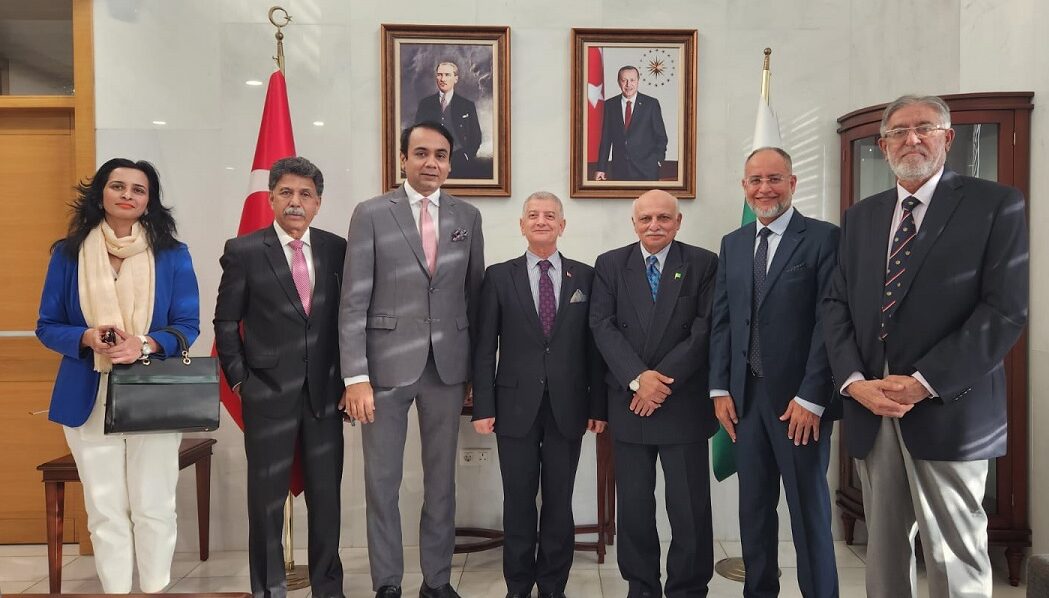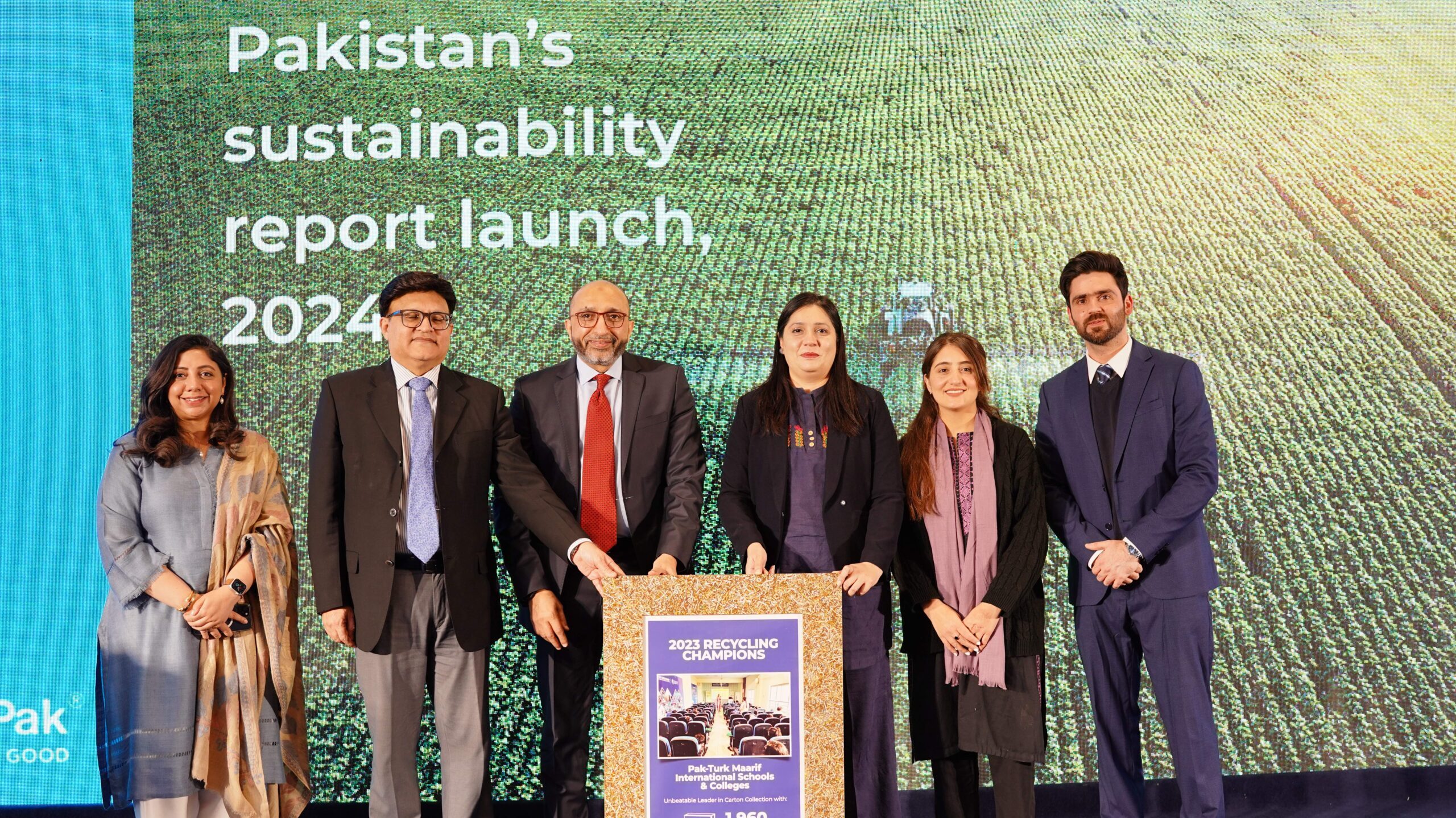Karachi, February 25, 2021: Noted economist Dr. Kaiser Bengali has underlined the need for devolution of powers in its true spirit and financial powers be devolved from federation to provinces and from provinces to local governments and adequate resources be provided to the local bodies.
He was speaking at a stakeholders’ dialogue on “Towards a Sustainable Local Governance in Sindh” organized Democracy Reporting International (DRI) at a local hotel on Thursday.
Dr. Bengali who remained Advisor to Chief Ministers of Sindh and Balochistan on Planning and Development said that the local government system is regulated by various departments and bodies in Karachi alone the Karachi Metropolitan Corporation (KMC) has a control over only 26% of the area, where as rest of the city is controlled by other civic regulatory bodies like several Cantonments, DHA, Karachi Port Trust (KPT) and Karachi District Council.
The Karachi’s firefighting system has become obsolete. He said Sindh Building Control Authority has no powers to regulate the buildings in Cantonment areas.
Dr. Bengali said that Karachi Water and Severge Boards is responsible to deliver the water to colonies and newly built residential plazas but KSWB is not taken into confidence before planning of the residential colonies.
Bangali added that under the 18th Amendment devolution was to be made from federal to provincial and devolution of power to the local governments. But this has not happened.
While giving her views on the local government system Opposition member in Sindh Assembly Ms. Nusrat Sehar Abbasi, said that it was mostly in the interest of provincial governments that local government’s elections are delayed and that a weaker local government existed, so they can control the local bodies directly and decide about spending of the funds at provincial level.
The bureaucracy has always had a central role in the function and control of the local governments in Pakistan, she added.
Bureaucrats, much like politicians, have an incentive to resist the local government reforms, as this means handing some of their powers to local representatives.
Education expert Sadiqa Salahuddin underlined the need that the education policies should be made by the local government as per the needs and scenario of the area.
The other speakers including Ms. Sidra Imran (MPA – PTI), Hina Dastagir (MPA – PPP) and Karamat Ali, Executive Director, Pakistan Institute of Labour Education and Research (PILER) emphasized the need for holding elections of local governments in Sindh as soon as possible.
The said today, Karachiites are deprived of basic civic facilities including clean drinking water and a functional waste management and an efficient transport system. If the government just plugs in leakages in the distribution system, it could save up to 100 million gallons per day (mgd) of water daily that would help address water shortages in the city.
The emphasized that stakeholders’ dialogue should continue. The civil society and provincial governments should make a roadmap. The former elected representatives of local government should be taken on board.


























































































































































































































































































